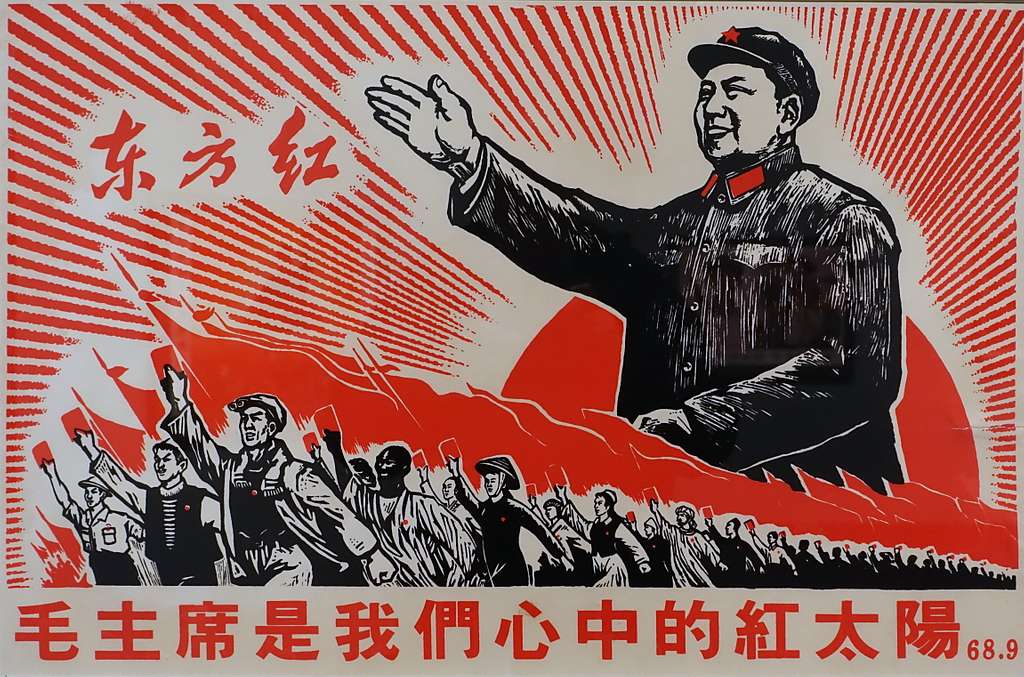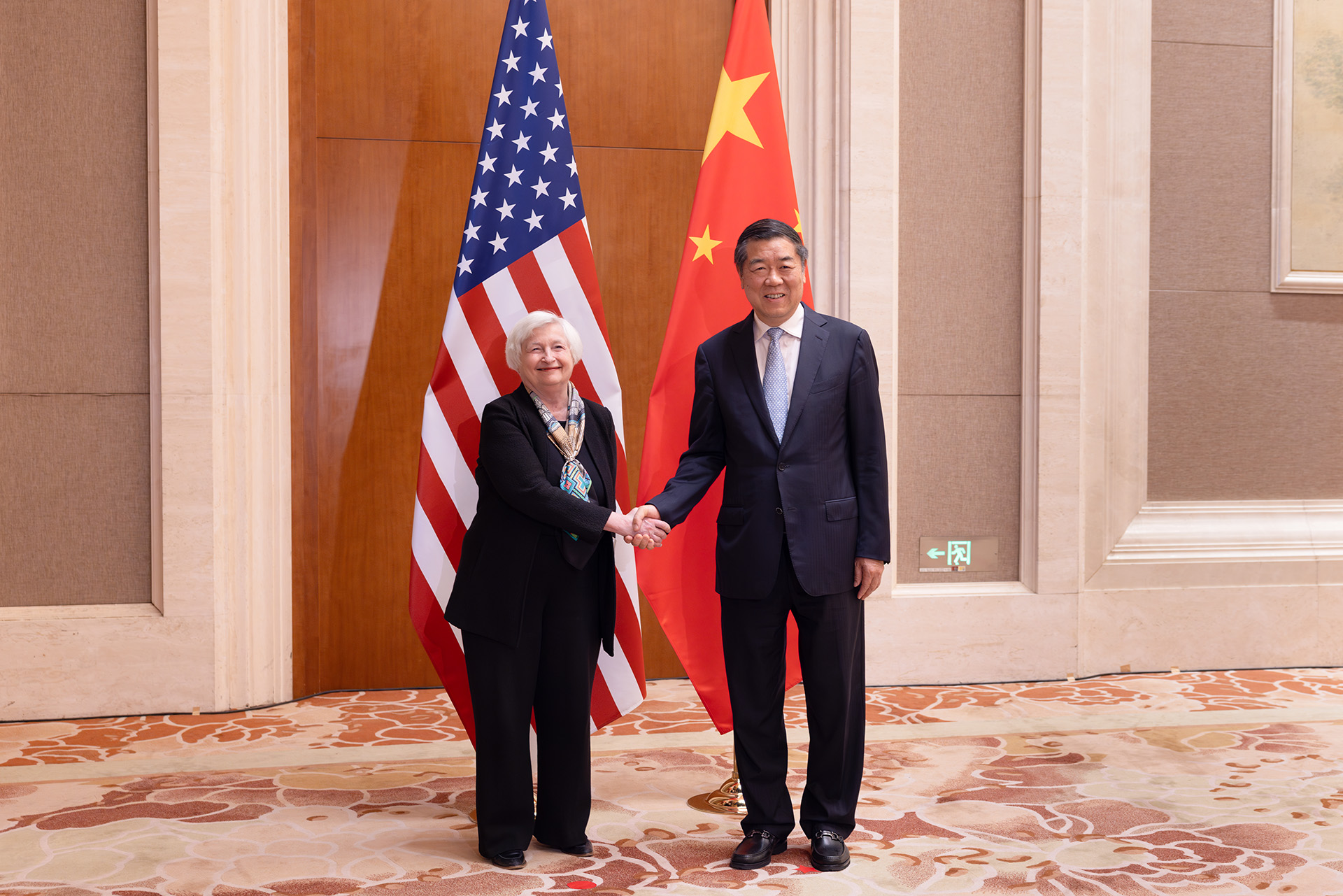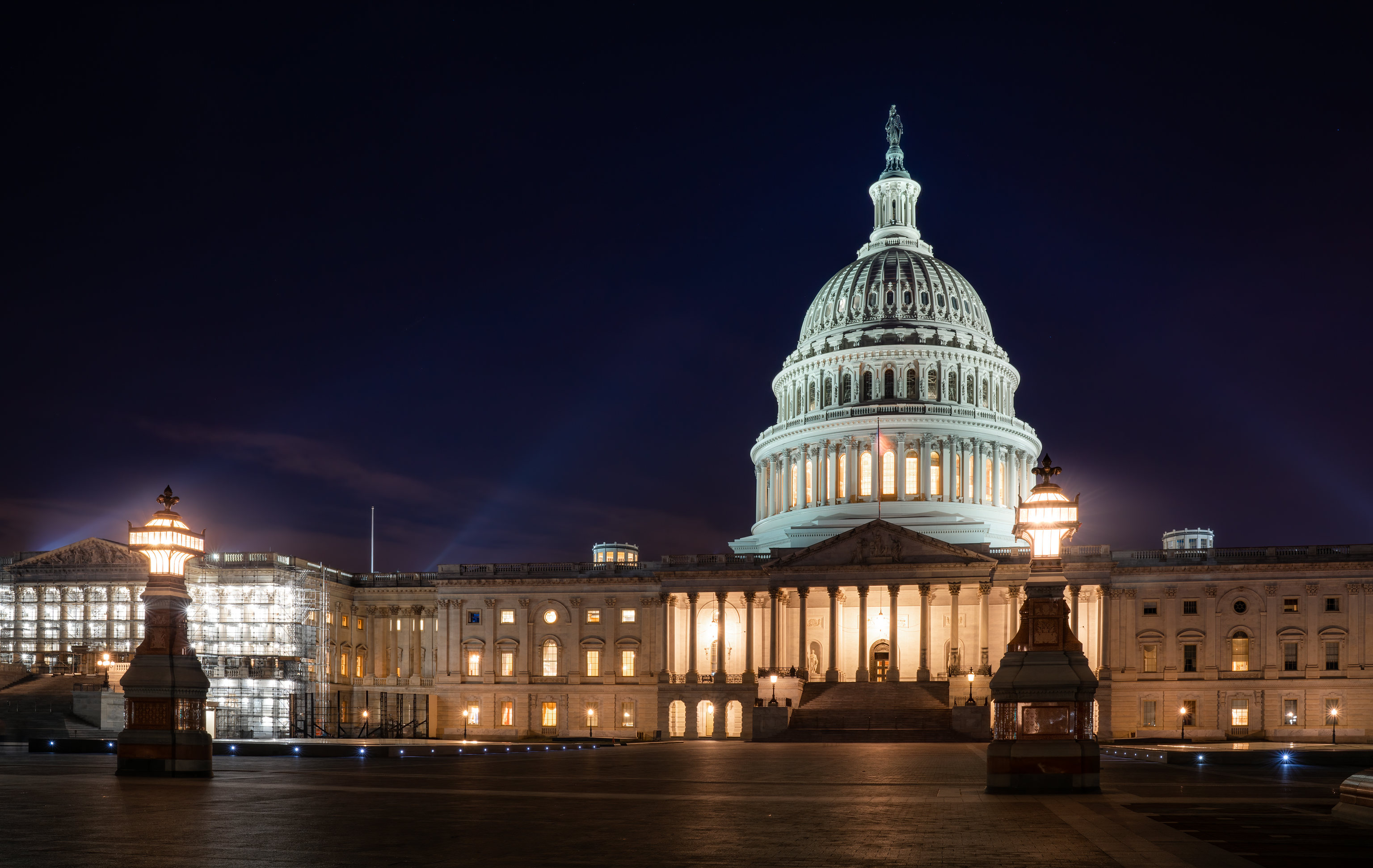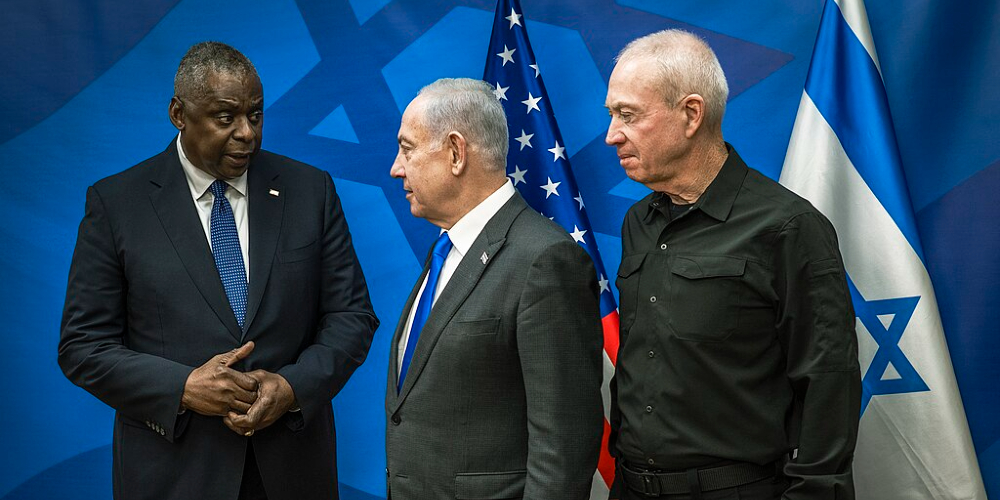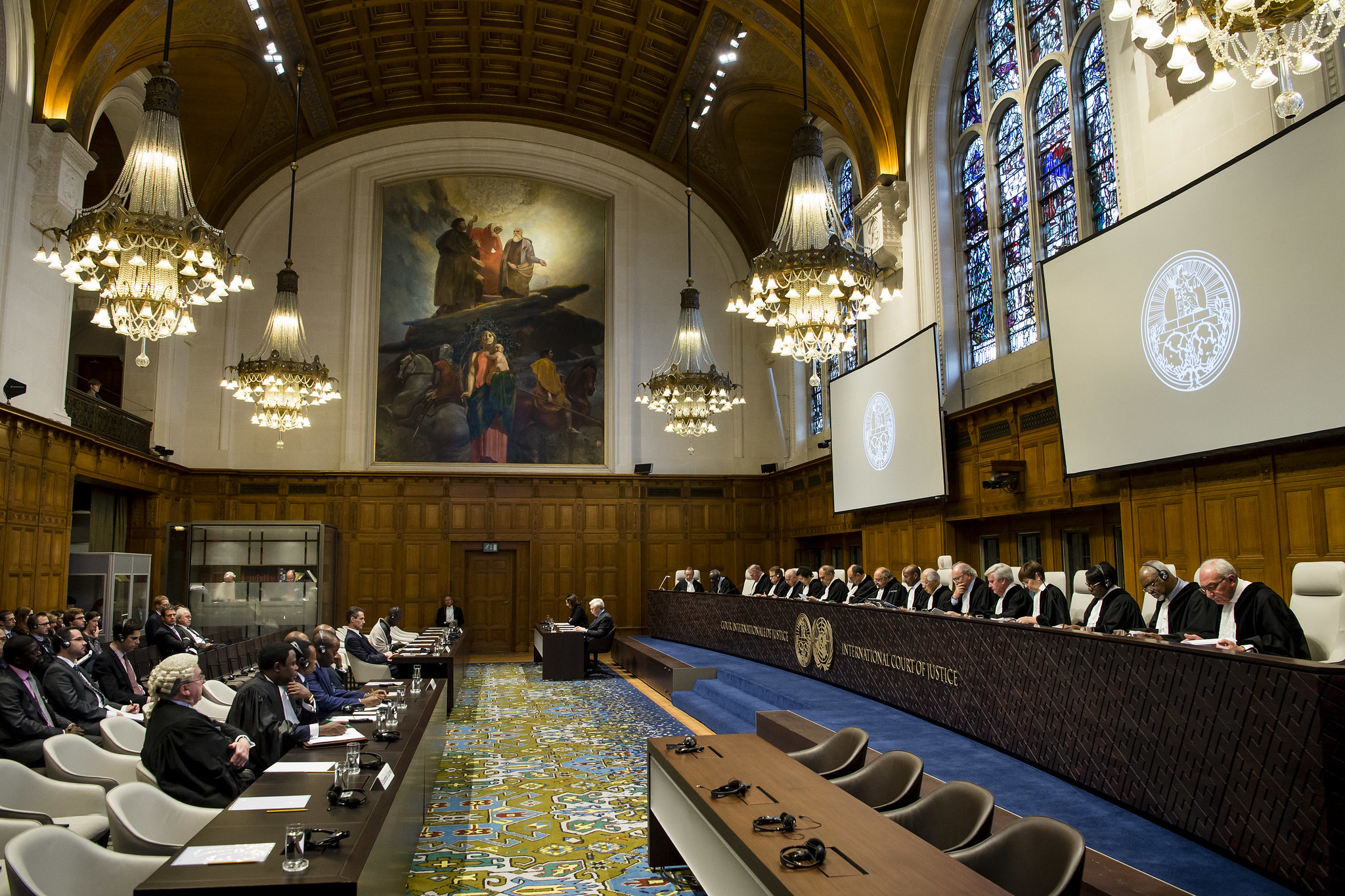Latest in Foreign Relations & International Law
-

Lawfare Daily: Missouri’s Legal Fight Against China Continues with Sean Mirski and Aaron Sobel
Why is Missouri suing China? -

Lawfare Daily: Is Complying with the Law of War a Defense to Genocide?
What is the interplay between international humanitarian law and the Genocide Convention? -

UN Human Rights Council Releases Report on Israel-Hamas War International Law Violations
The commission finds that Hamas and Israel have committed war crimes; Israel claims “systematic anti-Israeli discrimination.” -

The Hidden Stories of China's Past
A review of Ian Johnson, “Sparks: China’s Underground Historians and Their Battle for Their Future” (Oxford University Press, 2023) -

Lawfare Daily: Natan Sachs on the Latest Israeli Political Crisis
Discussing the resignation of Benny Gantz from Israel's war Cabinet. -

How Economic Talks With China Can Advance U.S. Interests
Engagement is not a dirty word. -

Transparency of International Agreements Under the Revised Case-Zablocki Act
An assessment after six months -

One Step Forward for the ICC, One Leap Backward for Peace
ICC Prosecutor Karim Khan's recommendation for arrest warrants for Benjamin Netanyahu and Yoav Gallant will make ending the conflict more difficult. -

Rational Security: The “Morning After” Edition
This week, Quinta Jurecic and Scott Anderson were joined by Lawfare Managing Editor Tyler McBrien to discuss how he is coping with the end of the New York trial and to run through some of the week’s big ... -

Can Armed Attacks That Comply With IHL Nonetheless Constitute Genocide?
IHL and genocide are two separate bodies of law with two separate analytical frameworks, and the law is not clear as to the interplay between them. -

Eighth Circuit Revives Missouri’s COVID-19 Suit Against China
Missouri’s suit is the first of dozens to hurdle the Foreign Sovereign Immunities Act and could create major friction with China. -

Chatter: The Harrowing History of the Soviet Space Program with John Strausbaugh
Discussing the space race between the Soviet Union and the United States.




